
INDIAN CHILD WELFARE SUMMIT
October 10, 2023 | Albuquerque, NM4TH ANNUAL INDIAN CHILD WELFARE SUMMIT
Tuesday, October 10, 2023 | 8:30am – 4:30pm
Albuquerque Convention Center-East Building, Main Level Room 115
401 2nd Street NW, Albuquerque, NM 87102
The 4th Annual Indian Child Welfare Summit is an opportunity to look back over the last year and reflect on the positive outcomes of the Indian Family Protection Act (IFPA) since it was signed into state law on March 4, 2022. With the recent Supreme Court’s decision to uphold the Federal Indian Child Welfare Act, we will review what that means for all child welfare leaders today and moving forward. IFPA is centered on lived experiences of Indigenous children and families in the state child welfare system. It uplifts tribal sovereignty and tribal self-determination by ensuring tribal communities are first in deciding how to care for their children, while reducing the risk of children being taken away from their communities. Participants will hear from youth, what best interests means to them, and will acquire information that helps lessen the anxiety and trauma for involved children, youth and families while promoting cultural identity, cultural connections, and healing.
Registration is closed for this event
Session Descriptions
Opening Keynote: Lasting State and Tribal Partnerships
Honorable John J. Romero Jr. (Ret)
A review of partnership for child best interests. If an Indian child is involved in the child welfare system, we must strive to provide the child with an opportunity to achieve an identity as a member of their larger family – – their “people”, their tribe; the tribe is each child’s primary parent and, as such, should be entrusted to make the best decisions for that child by working collaboratively with the parents, resource parents, the child and other system stakeholders. Fulfilling requirements for the Indian Family Protection Act and Indian Child Welfare Act ensures and promotes the best interest of an Indian child; and protecting and supporting the Indian child’s best interest requires constant and meaningful association with the child’s tribe.
Indigenous Youth's Perspective on Child Welfare
Alejandra Gomez, Wyatt Wilson, Christina Kultsakis, Veronica Krupnick
Individual Panelists will share about the essentialness of connection to culture, tradition, land, family and community for Native children and youth. On this panel, will we address the journey and fight to protect ICWA and where does child welfare go post-SCOTUS ICWA decision. We will also provide personal connection and reflection on the harm that is still felt today by Native Communities because of a long history of oppression and mass removal of Native Children, and what that means to us as Native system-impacted young people. To finalize this panel, we will also share our hopes and vision for the future of child welfare and our Native communities.
Understanding Ke': Protecting Blood Memory, Cultural Eco-systems, and Community Connections
Dr. Pearl Yellowman
This presentation will allow the audience to gain a deeper understanding of individual and community by exploring elements of Historical and Contemporary Trauma’s. This presentation will explore beliefs systems and value systems deeply imbedded into American Indian Cultural and Tribal System Narratives. This workshop will engage the audience in Collaborative Practices that complement and supplement the current Social Worker & Human Service Practices and the importance of Advocating for Cultural Considerations.
Long-term Healing & Well-Being for Current & Former Youth in Care
Shanell Lavallie, Deanna Mousseau, Robert Mesa, Veronica Krupnick
This panel has been reconstructed, with a new (and amazing) panelist lineup, to fully embrace and center the perspective of Native Former Youth in Care on their journeys to long-term healing & well-being. We will provide personal reflection on what supported our personal healing, how we are moving from survival to healing, and alternatives to typical mental health practices. We will speak on how representation and cultural awareness has played a role in our individual healing journeys. We will also share where we are currently, how we are navigating healing post-care, and reflect what we believe can help other young people who have been system-impacted. .
US Supreme Court Haaland v. Brackeen Upheld
Jack Trope (Esq.), Casey Family Programs & Kimberly Cluff (Esq.), California Tribal Families Coalition
A walk through of the decision and understanding what was at stake and implications. Now that ICWA remains in place looking at context and a legal analysis post Brackeen. What and how to best move forward serving the children and families navigating the child welfare system. Implementing Best Interests, preferred placements, and best practices for ICWA Federal and IFPA State Law and what that looks like in New Mexico and other States. A review of strategies and approaches for the continued need to strengthen tribal-state collaborative partnership to improve positive outcomes.
Resources & Materials
Indian Child Welfare Best Practices
2019-Understanding-ICWA-Placements-Using-Kinship-Care-Research-Final
Comprehensive-Guide-to-Active-Efforts-Lummi-Nation-Published-3-26-21
Recent CYFD and Tribal Title IV-E JPAs
Below you will find links to external websites with valuable information.
Meet Our Speakers
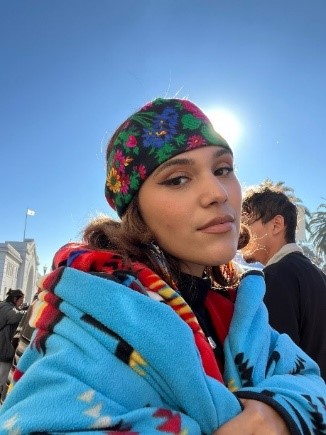
Alejandra Gomez, First Nations Ojibwe-Cree
Alejandra has dedicated her life to advocating for foster youth nationally and Indigenous people internationally. As an Indigenous former foster youth, Alejandra understands firsthand the challenges of losing family, language, culture, and traditions and starting over again. Her experiences in foster care, including homelessness as a youth, exposed her to trauma, loss of her cultural identity as a First Nations Ojibwe-Cree and Chicana, and the injustices of the foster care system.
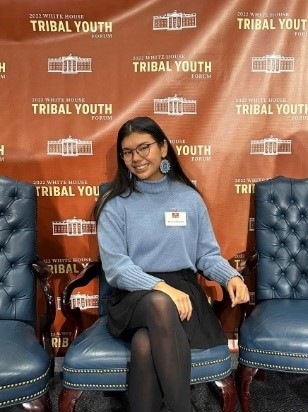
Christina Kaltsukis, Yakama Nation
Known as Mool-Mool or “Bubbles in the Spring Water”, Christina, a Yakama Nation member, is making significant ripples in Indigenous advocacy. Currently in her 2nd year majoring in Organizational Sciences at the University of Idaho, she passionately leads as Miss Tutxinmepu 23-24. As a former Building Indigenous Communities of Hope Fellow with the Center for Native American Youth, she is committed to inspiring hope and fostering change within Indigenous Communities.

Veronica Krupnick, Hopi Tribe & Jemez Pueblo
Veronica Krupnick is a Youth & Tribal Advocate and Leader within the local, state and national child welfare community. After serving for 4 years as the Mentorship, Advocacy and Peer Support Program Coordinator at CASA first, Veronica now serves as the Vice President of the organization’s Board of Directors. In the Fall of 2022, Veronica began her venture into the New Mexico Legislature, first serving as a campaign assistant, then the Senate Liaison, and now as the Majority Leadership Analyst for the New Mexico House of Representatives Majority Office.
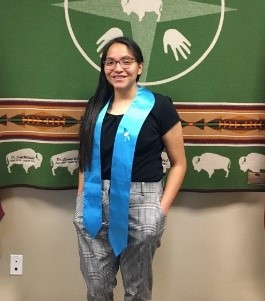
Shanell Lavallie, Aaniih & Nakoda
Shanell Lavallie is from the Fort Belknap Indian Reservation. Shanell is in her third year of teaching and is a 4th grade teacher at Whittier Elementary. She aspires to pursue her Master’s Degree in Educational Leadership at Harvard School of Education. Shanell is very passionate about the foster care community and has participated in a variety of opportunities provided for former foster youth.
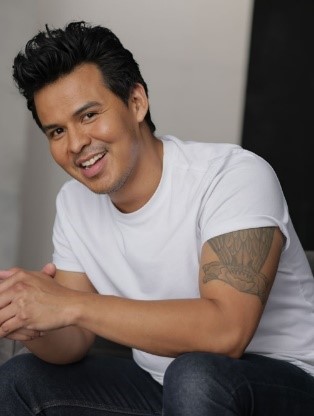
Robert Mesa, Navajo Nation & Soboba
Robert is a Navajo and Soboba actor, writer, multi-disciplinary artist and humanitarian who lives in Santa Fe and works internationally. He studied filmmaking at the Institute of American Indian Arts. He has donated art pieces to the Lightning Boy Foundation and the Stop Violence Against Women Act. Robert also continues to be a leader of service work in Ukraine with the organization, Ukrainians of New Mexico.
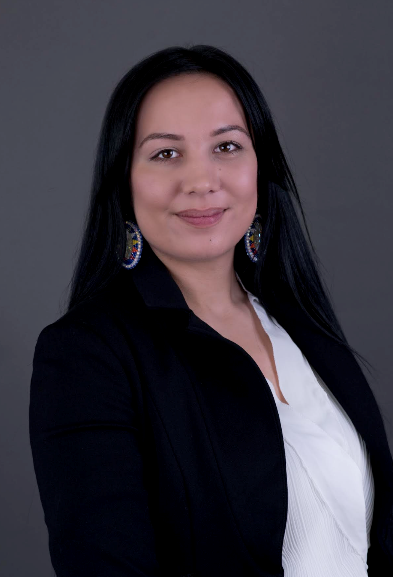
Deanna Mousseau, Kul Wicasa Oyate & Oglala Sioux Tribe
Deanna earned her Bachelor of Science in Business Administration with a concentration in Human Resource Management from Black Hills State University. As an alumna of the Encampment for Citizenship nonprofit organization, Deanna was inspired to pursue her social justice aspirations. She remains committed to their mission and continues to volunteer on their fundraising committee.
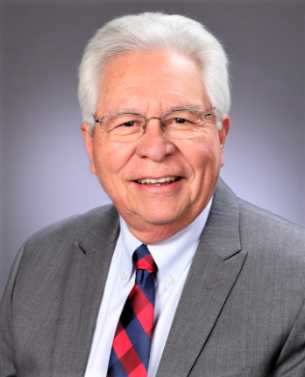
Judge John Romero (Ret.)
Judge John Romero (Ret.) served in New Mexico’s Second Judicial District Court in the Children’s Court Division for over 17 years. His docket included juvenile justice and child welfare cases. Judge Romero is Co-Chair Emeritus of New Mexico’s Children’s Court Improvement Commission. He remains involved with the New Mexico Tribal-State Judicial Consortium.

Donalyn Sarracino, LMSW
Donalyn is a member of the Pueblo of Acoma and the proud mother of three children. Since October 2019, Donalyn serves as the Director of Tribal Affairs with the Office of the Secretary for the New Mexico Children, Youth, and Families Department (CYFD). Prior to working with CYFD, Donalyn served as the Director of the Pueblo of Acoma Social Services and was the 2016 recipient of the Children’s Law Institute Child Welfare and Juvenile Justice Excellence Award.
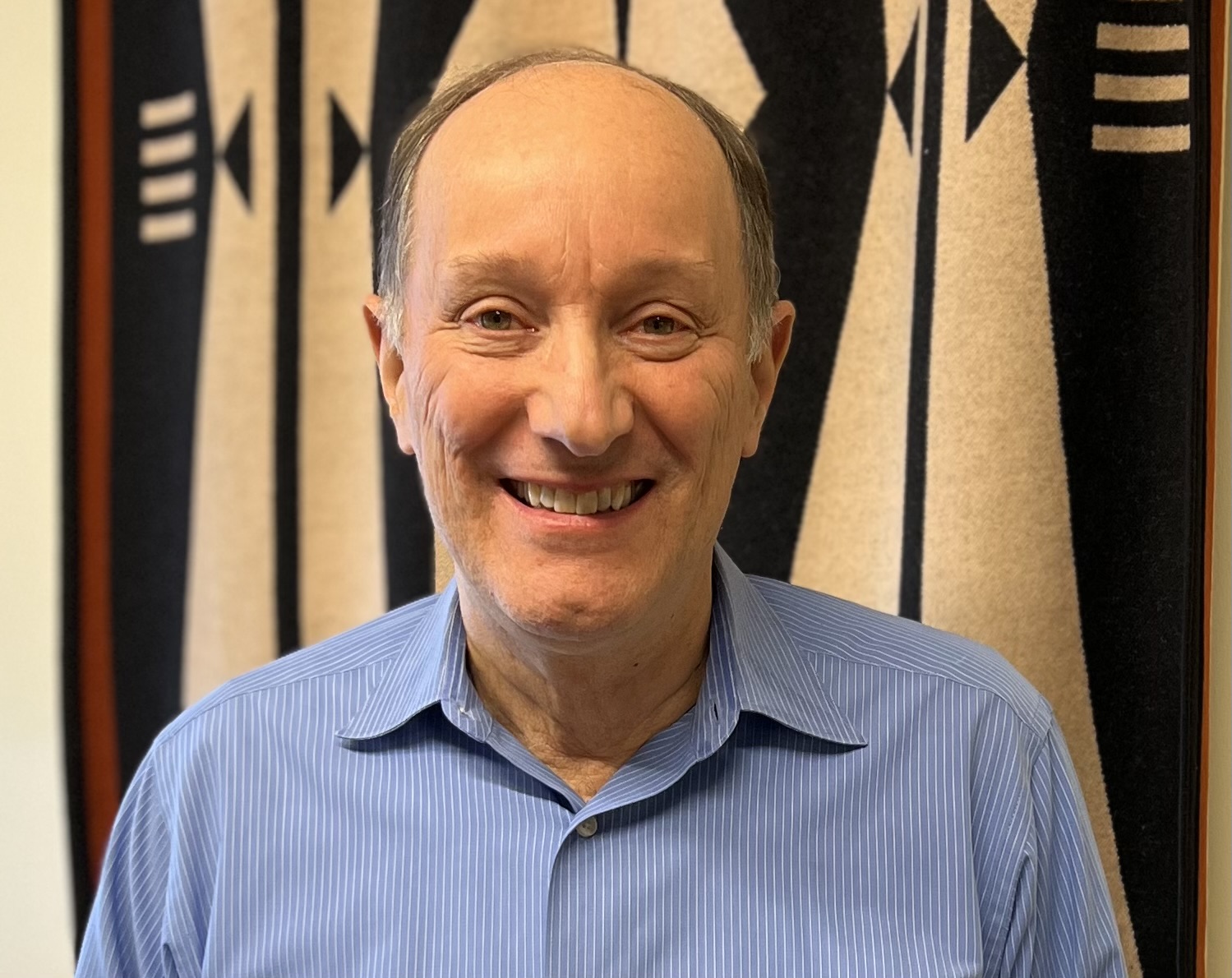
Jack F. Trope
Jack is a Senior Director in Indian Child Welfare Programs at Casey Family Programs. Prior to joining Casey, he served as the Executive Director of the Association on American Indian Affairs (AAIA), Director of the Western Area Office in New Mexico for the Save the Children Federation and held a number of legal prositions, including having been a partner with the law firm of Sant’ Angelo & Trope and a senior staff attorney with AAIA. He first began working on Indian child welfare matters in 1985 and is a co-author of the 3rd Edition of The Indian Child Welfare Act Handbook published by the American Bar Association.
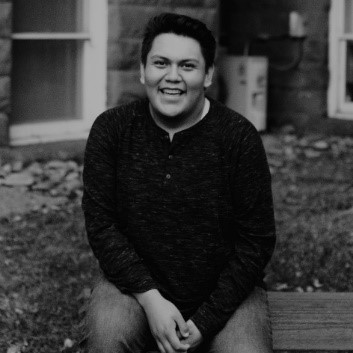
Wyatt Wilson, Navajo Nation
Wyatt was raised in Flagstaff, Arizona but also spent much of his formative years in his hometown of Shonto, Arizona. He currently attends Fort Lewis College as a pre-law student, majoring in Political Science with a minor in Native American and Indigenous Studies. After completing his baccalaureate studies, Wyatt plans on pursuing law school with the intent of focusing on Tribal Advocacy and Environmental Policy. He is passionate about land stewardship, youth advocacy, civic engagement, and a plethora of Indigenous social issues.
Dr. Pearl Yellowman, Navajo Nation
Pearl was recently selected as the Vice-President College Operations of the Southwestern Indian Polytechnic Institute. Pearl oversees all campus operations and is a member of the President’s Cabinet. Pearl was previously appointed by Navajo Nation President Johnathan Nez and Vice-President Myron Lizer on January 15, 2019 as the Executive Director of the Division of Community Development.
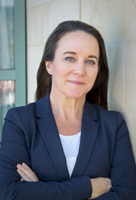
Kimberly Cluff
Since becoming a member of the California Bar in 1998, Kimberly has worked exclusively in the field of Indian law. Starting as a law clerk then attorney at California Indian Legal Services, Kimberly went into private practice as a partner at Forman & Associates. Kimberly then served as In-House General Counsel for the Morongo Band of Mission Indians before joining California Tribal Families Coalition as the Legal Director and also returning to graduate school at the Goldman School of Public Policy, U. C. Berkeley. Kimberly’s career has always focused on advocating for tribes and native non-profits, including advocacy and litigation connected to tribal economic development, Intergovernmental agreements, Indian child and family welfare, strengthening of tribal courts and tribal governance and development and protection of tribal infrastructure. Kimberly also extends her advocacy to state and federal legislative efforts, for example spearheading the California Tribal Customary Adoption Act and working with lawmakers to secure federal resources for Indian Country. Kimberly is admitted to practice in California.
Location & Parking
Albuquerque Convention Center
East Building- Main Level, Room 115
401 2nd Street NW
Albuquerque, NM 87102
Civic Plaza Parking Information
Free Parking at Civic Plaza Underground Parking – Download parking map
328 Marquette Ave NW
Albuquerque, NM 87102
Thank You to Our Partners
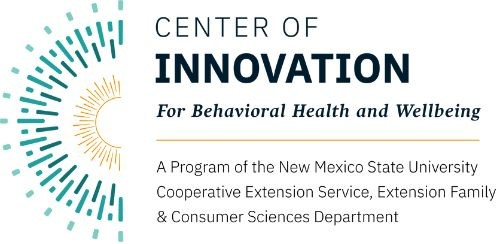

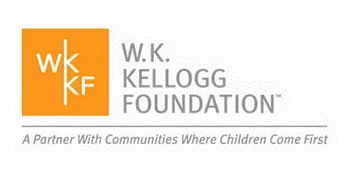
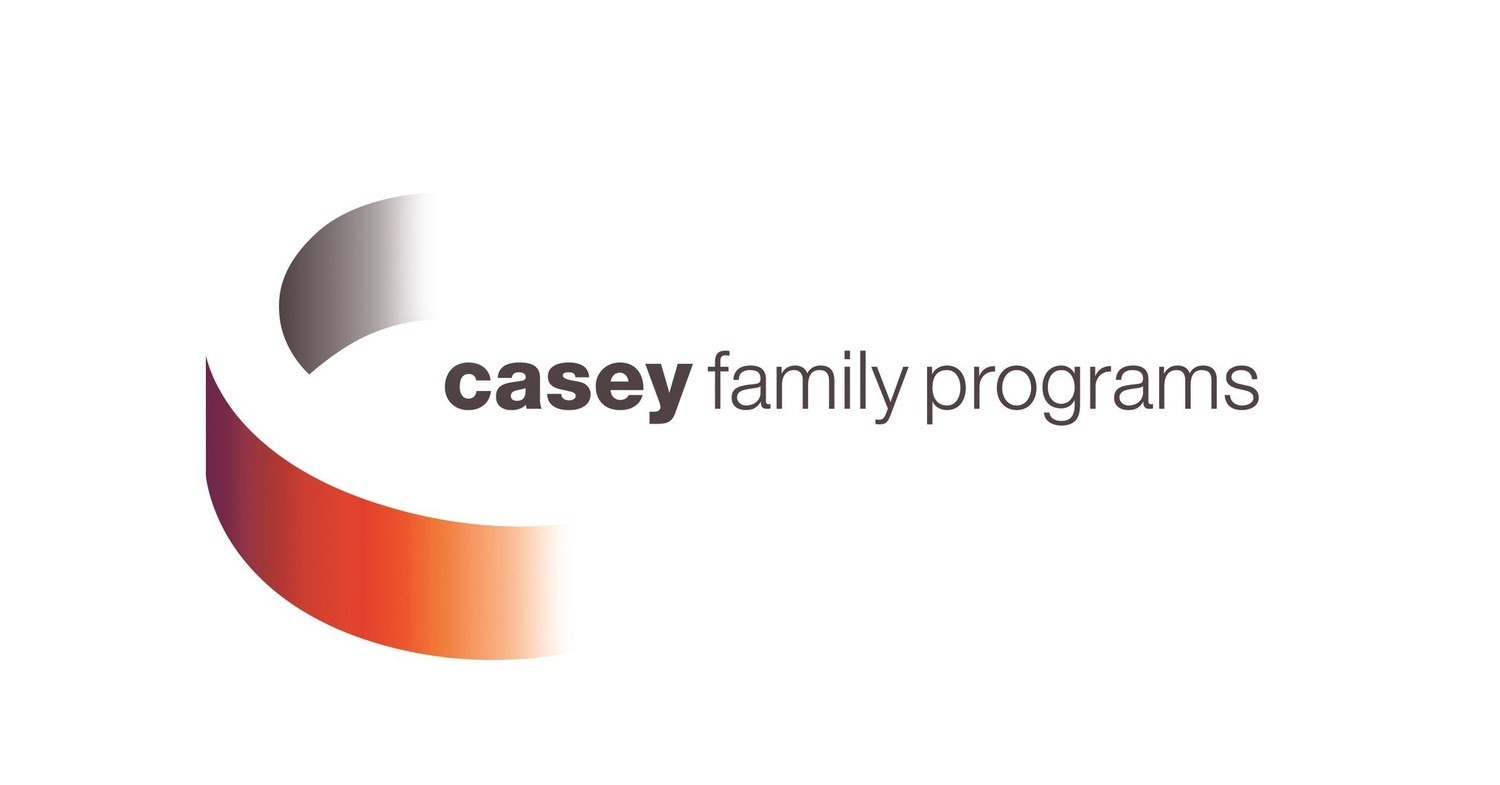
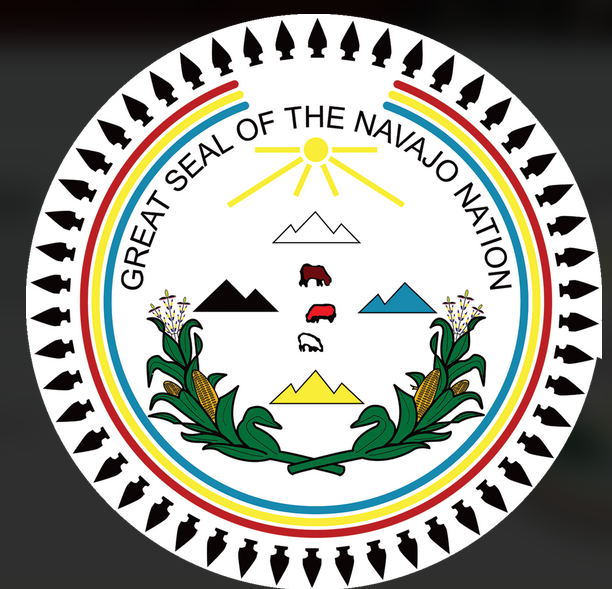

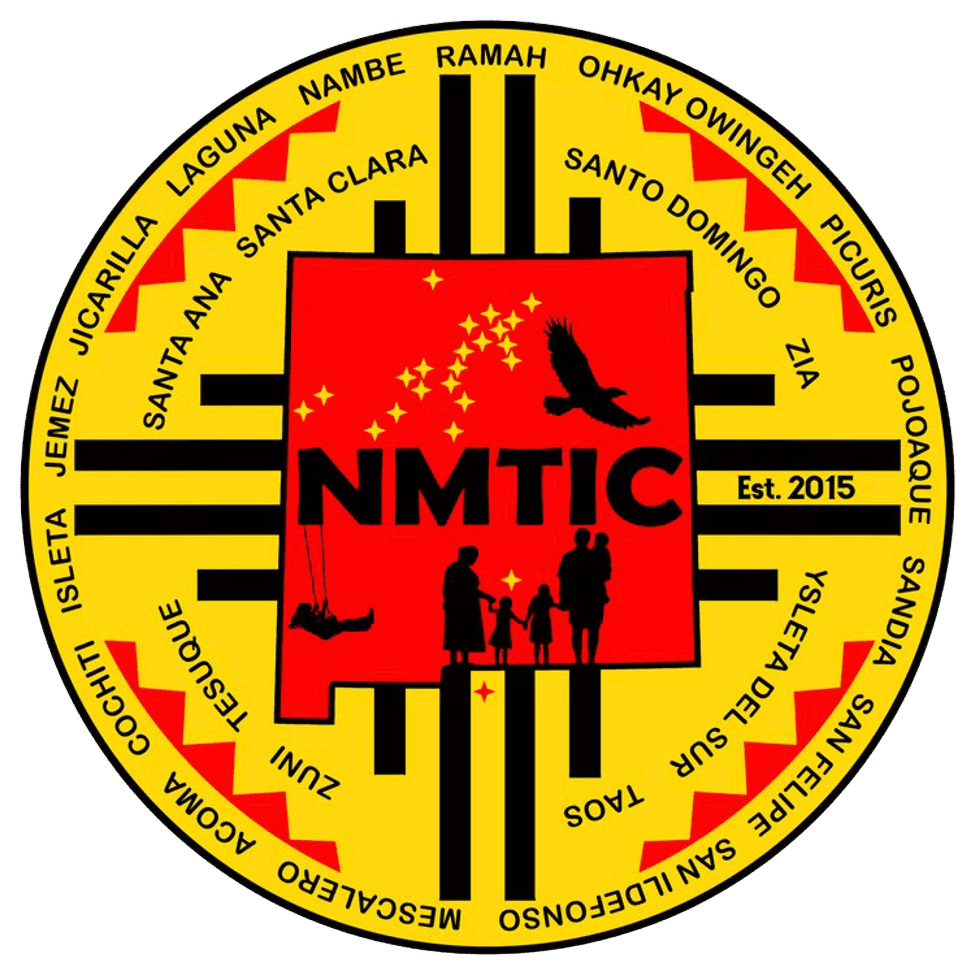
4th Annual Indian Child Welfare Summit
Day(s)
:
Hour(s)
:
Minute(s)
:
Second(s)
